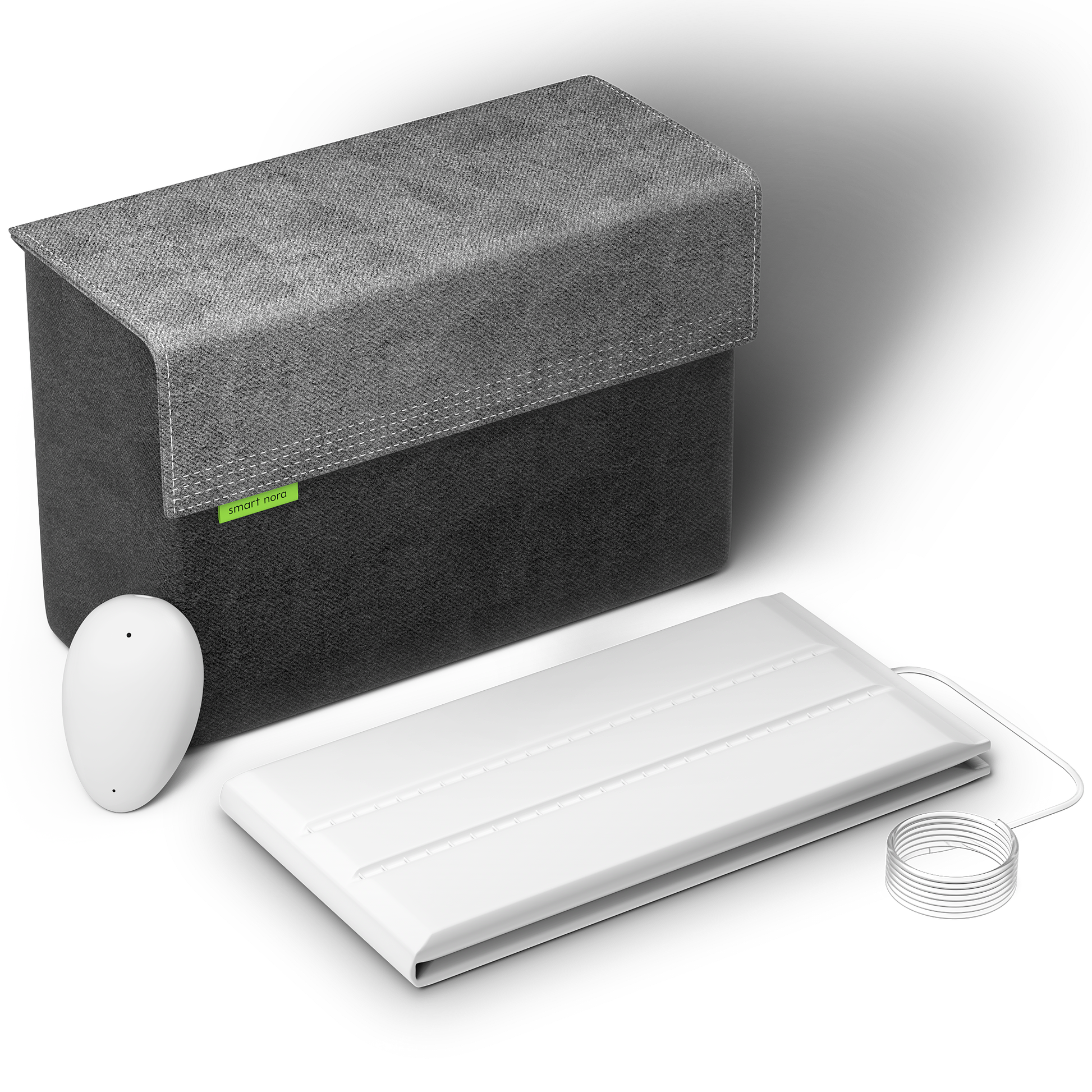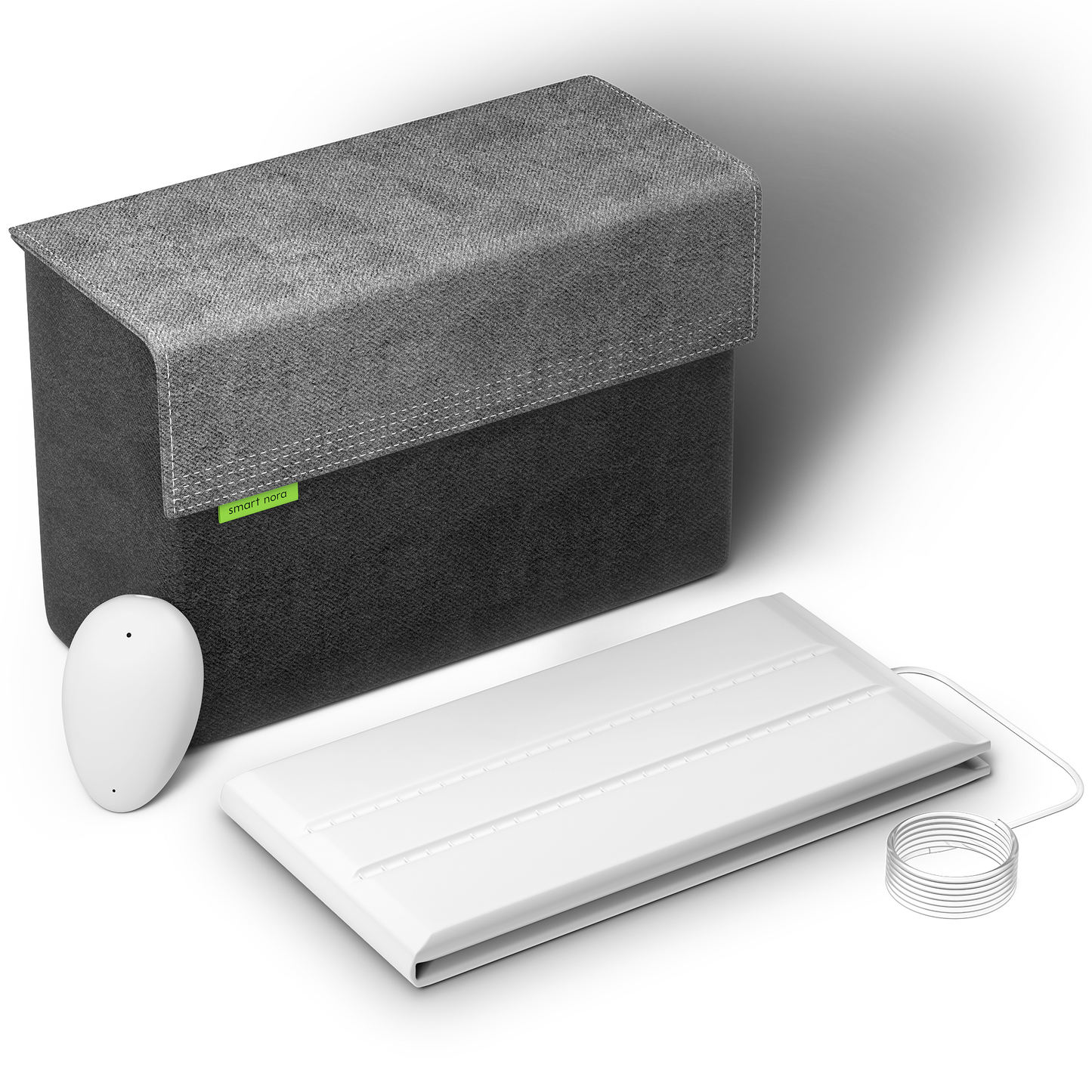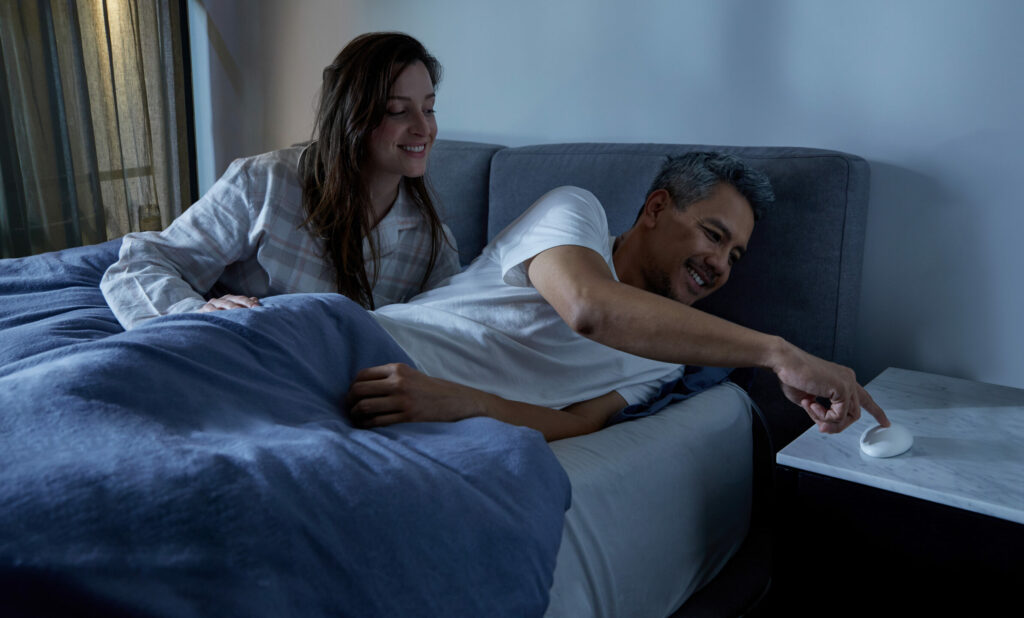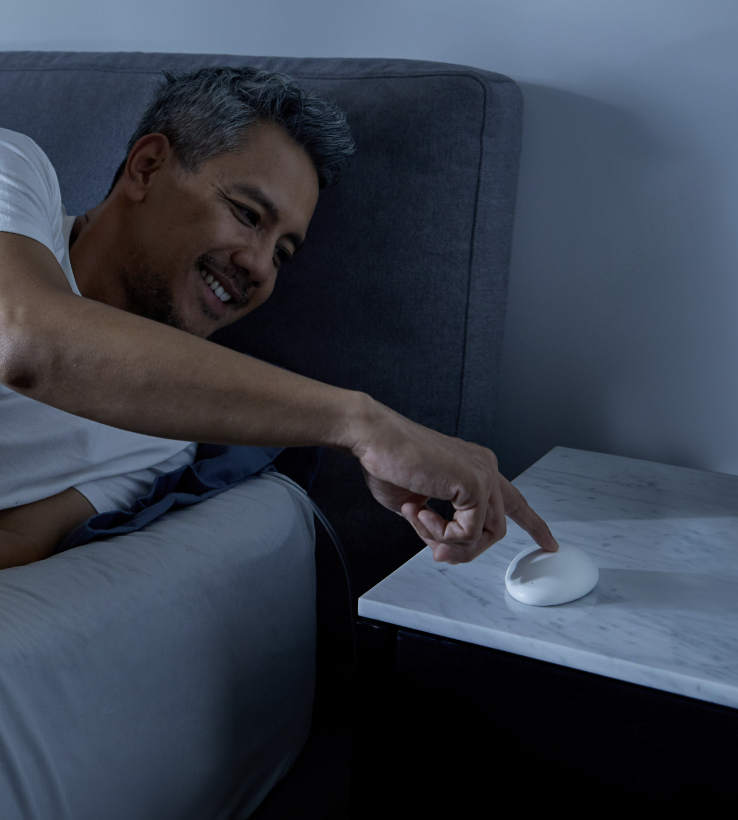Do you suffer from sleep apnea? If so, you are one of the millions of people who do. It’s a common sleep disorder that can easily be controlled with a variety of options. The most commonly prescribed treatments are assisted-breathing machines.
Both the BIPAP and CPAP machines are used to help sufferers sleep better and get a better night’s sleep. There’s nothing like a restful night’s sleep to wake up refreshed and ready for your day. But if you’re waking up several times a night gasping and coughing it’s probably time you look into getting some relief from your sleep disorder.
There are different types of sleep apnea and each has to be treated with a different machine. Your doctor will determine what type of sleep apnea you have and will prescribe the appropriate treatment. There’s no need to suffer from sleep deprivation when there are a lot of options on the market to help.
What’s the difference between the BIPAP machine and the CPAP machine? They are both effective in treating sleep apnea in their own respective ways.
Let’s take a look at the differences and if they can help relieve your sleep apnea.
What is Sleep Apnea
Sleep apnea is a condition where someone stops or pauses their breathing for several seconds while they are asleep. These pauses can be anywhere from 10 seconds to 30 seconds. It’s usually not a fatal condition but should be taken seriously none the less.
The body will automatically react when the airway is partially or completely obstructed during sleep. Heart rate increases and oxygen levels naturally lower in the body. This usually causes the person to wake up as a response.
Sleep apnea can be caused by an underlying medical condition or may even bring on other medical issues if not treated. There is no treatment to put a definitive stop to sleep apnea, but there are extremely effective treatments to help with the symptoms.
Different Types of Sleep Apnea
There are different types of sleep apnea and it is important to determine which one you have to get the proper treatment. Your doctor will probably prescribe a sleep study to discover which type you have and then prescribe a PAP (positive airway pressure) therapy.
- Obstructive Sleep Apnea
Obstructive sleep apnea (OSA) is when the airway is partially or completely blocked during sleep which causes pauses in the normal breathing pattern. This can be caused by the soft tissues and tongue relaxing and collapsing into the throat. It can also be caused by excessive fatty tissue that can happen to overweight people.
- Central Sleep Apnea
Central sleep apnea (CSA) is a condition where the brain forgets to tell the lungs to breathe during sleep. This condition is a neurological type issue and not a physical one.
- Complex Sleep Apnea
Complex sleep apnea is caused by a combination of both OSA and CSA.
Other Health Conditions Treatable with BIPAP or CPAP
PAP therapy can also help with other types of medical conditions. You may be prescribed a BIPAP or CPAP machine for the following health issues.
- Chronic obstructive pulmonary disorder
Chronic obstructive pulmonary disorder (COPD) is a progressive lung disease that interrupts airflow from the lungs while asleep.
- Congestive heart failure
Congestive heart failure (CHF) is a heart condition that keeps the body from getting enough blood circulation.
- Pulmonary or neuromuscular conditions
Other pulmonary or neuromuscular sufferers like Parkinson’s or ALS can be prescribed PAP therapy to relieve some symptoms.
BIPAP vs CPAP
Both the BIPAP and CPAP are invasive ventilation therapy machines that deliver positive airway pressure and regulate breathing during sleep. Both are intended to keep your airway open to help the passage of air while you sleep. They look similar and both use a tube to deliver air into a mask that you breathe into.
Both machines need to be prescribed by a specialist and you need to be fitted for the mask. There are three types of masks available for each machine.
- Full face mask
The full face masks are intended for the mouth breathers or people with obstructed noses due to allergies or a deviated septum.
- Nasal mask
The nasal mask is intended to be more comfortable than a full face mask that can feel claustrophobic for some people.
- Nasal pillow
The nasal pillow is the most comfortable of all but can move easily during the night.
The main difference between the two machines is how air pressure is delivered.
- CPAP
The Continuous Positive Airway Pressure machine is the most commonly prescribed treatment for mild to moderate obstructive sleep apnea. The machine delivers continuous air pressure throughout the night, starting off slowly and augmenting the pressure through the night to regular and steady output.
Your sleep doctor will determine the pressure to calibrate once you have completed your sleep study.
- BIPAP
The Bilevel Positive Airway Pressure works the same way as the CPAP delivering air and keeping the airways open while you sleep. The main difference is that the BIPAP utilizes two different pressure flows instead of one like the CPAP does.
What this means is that the air that is being delivered is more personalized to the user. The machine can adjust to your breathing patterns as you sleep.
BIPAP machines tend to be more expensive than CPAP. These machines are FDA approved and need to be prescribed by your doctor. Check with your insurance company which treatments are covered for your sleep apnea.

CPAP
- Treats mild to moderate obstructive sleep apnea
- More affordable treatment
- Single air pressure setting
BIPAP
- Treats central sleep apnea
- Treats chronic obstructive pulmonary disorder
- Treats congestive heart failure
- More expensive
- Variable pressure settings
- Can be a good option if CPAP is unsuccessful
BIPAP or CPAP
Which one is best suited for you will depend on what type of sleep apnea or which medical condition you have. Your doctor or specialist will know what treatment is best for you after your sleep study is analyzed. You will get an apnea-hypopnea index number that tells you how many episodes of paused breathing you experience per night. The goal of both the CPAP or BIPAP machine is to reduce the episodes so you can sleep better.
Obstructive sleep apnea is the most common form of sleep apnea and can usually be relieved with the less expensive CPAP machine. Chances are you will be prescribed the BIPAP machine if you have another form of sleep apnea or neurological condition.
Some people find it difficult to get used to the CPAP machine and switch to the BIPAP machine and get better results. The steady air pressure during inhalation and exhalation can be challenging for some people while they sleep. Specialists recommend that you keep using the machine for several weeks to see if you can eventually get accustomed to the feeling and the mask.
People who cannot get used to the machine end up sleep-deprived and this kind of defeats the purpose of the treatment. Your doctor may suggest other types of treatments or possibly add another option to your treatment plan.

Conclusion
CPAP machines and BIPAP machines are both very effective treatments to control sleep apnea and other medical conditions. Unfortunately, the most common reason people discontinue use is because they cannot achieve a comfortable sleep while having a mask attached to their face while they sleep.
Many sleep apnea sufferers have had their lives improved with successful PAP therapy treatment. The sleep quality of the partner can also be improved when the snoring is reduced and the concerning breathing pauses stop.
Speak with your doctor if you think that you or your partner suffer from some type of sleep apnea or disorder.














